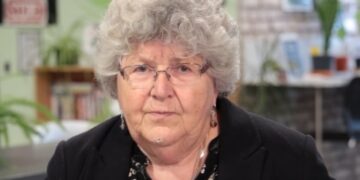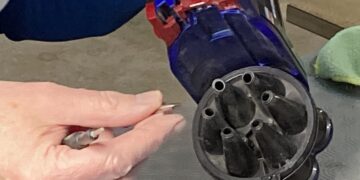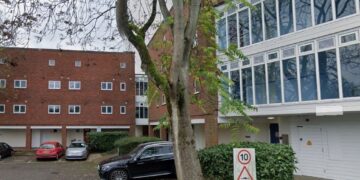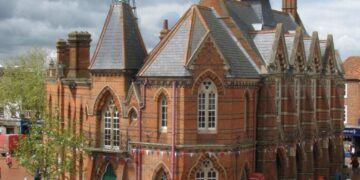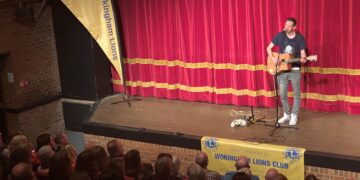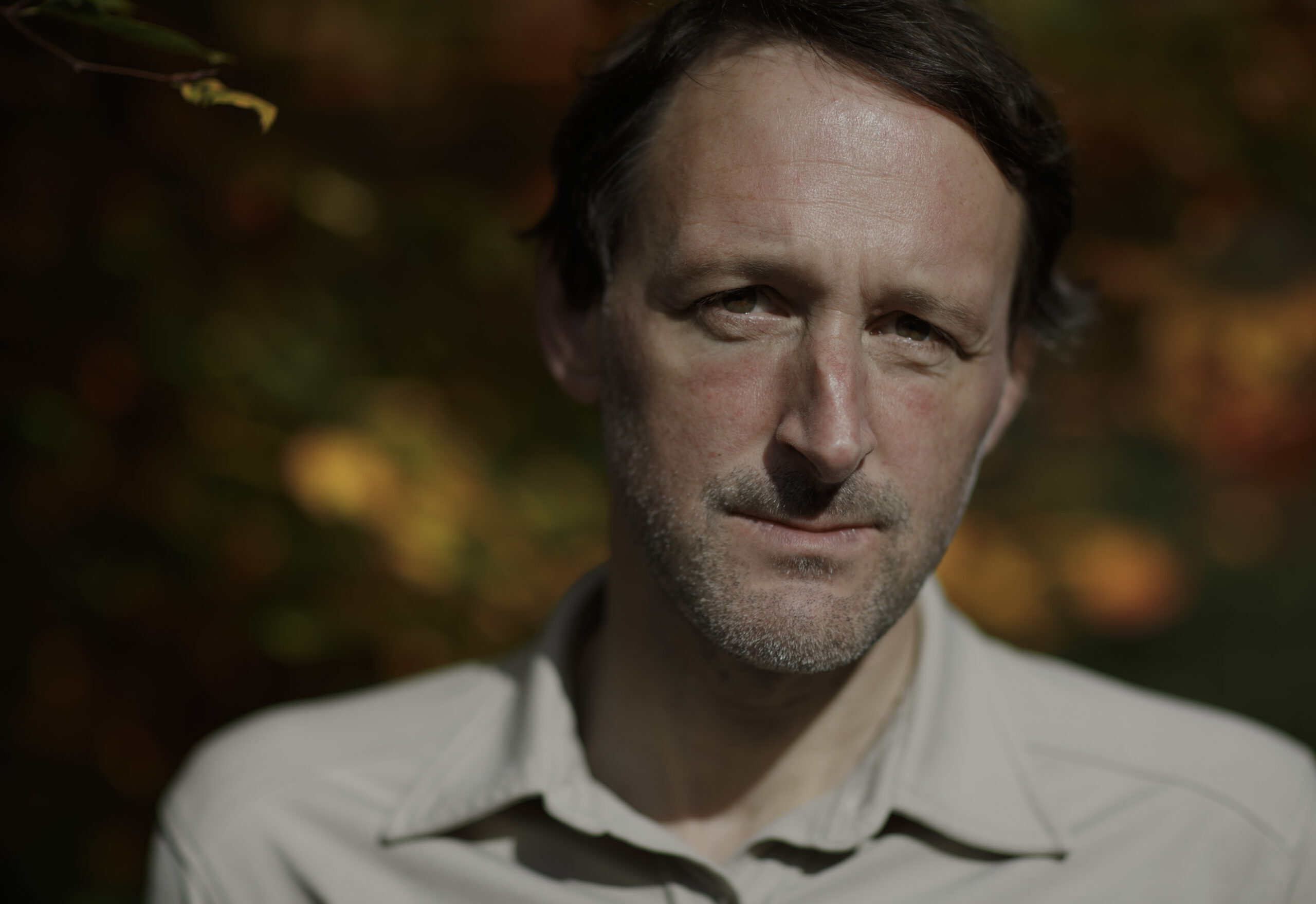Alasdair Roberts is one of those performers whose youth belies .
Having started a band straight out of school, Alasdair went on to work with the likes of Neil Young, Will Oldham, and Teenage Fanclub’s Gerard Love, as well as composing for film, theatre, and festival events.
The folk musician was born in Germany but raised in central Scotland– and this heritage shows through in his work in a number of ways, especially his latest album.
Grief in the Kitchen and Mirth in the Hall, he says, is: “Entirely solo– a guitar, a bass piano, and singing, with no overdubs for 12 traditional songs and ballads.
“It’s mostly Scottish songs, and even though I don’t have a drop of Irish blood in me there’s a few Irish songs.”
There’s also what Alasdair calls “a Canadian song,” which features some “garbled Irish Gaelic.”
“I have a little Scots Gaelic, but not very much.”
He’s talking about Drimindown, which he says “Started life in Ireland, probably as a Gaelic song.
“It was taken over to the eastern seaboard of Canada and was collected in Prince Edward Island.
“It was probably taken over by Irish immigrants, but I think at some point the knowledge of the Irish language must have degenerated to the point where the singers just went with it.
“I don’t think someone who speaks the language would have a clue, because it’s so garbled.”
He says he has always been drawn to traditional songs: “I’ve always been drawn to that kind of big old narrative ballads.
“So there’s a few of those on this record, and other records have really focused on that– the form is quite conservative, and in my writing I try not to be quite so rigorous.
“But there’s something in the ballad form that makes it easier to remember– I wouldn’t be able to get away with reading off of a page.
“But they’re probably better in small doses, and more impactful, especially when paired with lighter or shorter material.”
In terms of performance, Alasdair says he enjoys the act of playing on stage.
“I’ve been writing since my mid-teens– I was singing when I was six, making up songs on a wee Casio keyboard, and my first album was ’97, when I was about 19.”
Even his experience doesn’t always make it easy to tour, with this year’s tour seeing a date in Edinburgh followed by a gig 300 miles away in Swansea the next evening.
“I don’t drive, so the tour means lots of train travel, and it’s grim because you have to pay for that about a month ahead.
“And then you don’t get paid for the gigs until about a month after, so there’s two months of having no money.
“But yeah the Edinburgh-Swansea trip is gonna be a bit of a headache– thankfully, under normal circumstances, I love travelling by train.”
It is also difficult, he explains, to really make a living from music without touring.
“Most of my musical income comes from gigging– people don’t buy records or CDs as much as they used to, but we have to adjust to that new reality.”
Despite that, folk music is one scene where it’s always relied on live performance, but he says: “More traditional music audiences are also maybe more keen to actually buy physical records.
“Every few years there’s an announcement that there’s a new folk revival– it maybe has dips at certain points, but it seems quite healthy to me.”
Alasdair is coming to South Street for his Reading gig: “I like it there, and they seem to have invited me back.”
Grief in the Kitchen and Mirth in the Hall is due for release on Friday, March 31, when Alasdair will also be performing at South Street Arts Centre.
Full details and access to tickets for the tour are available via: alasdairroberts.com/live/



